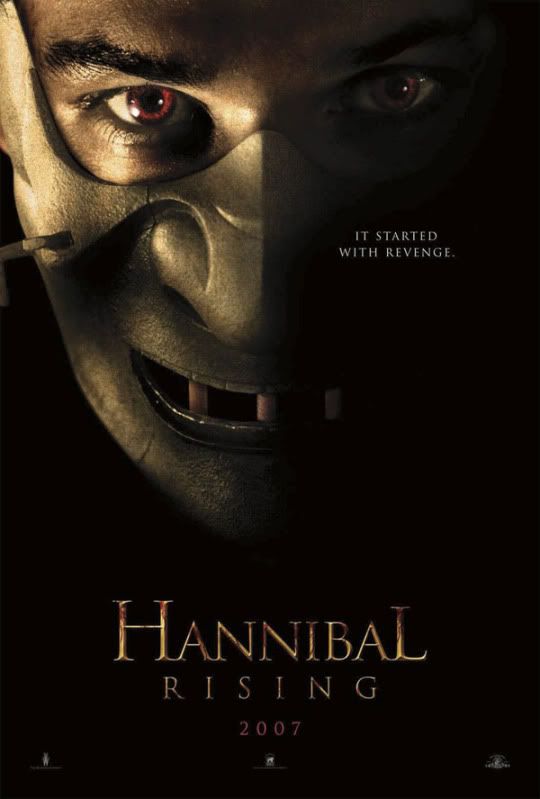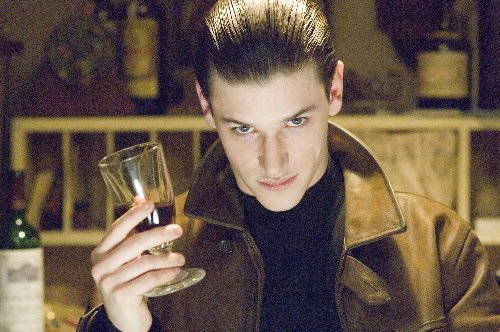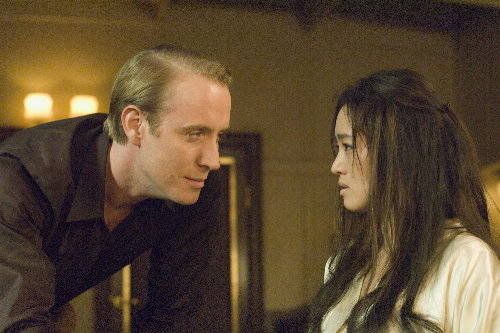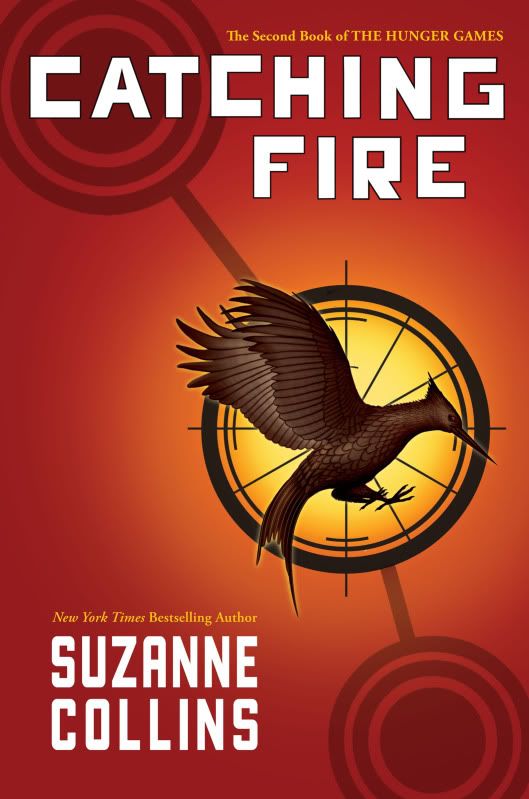
Because Chuck wanted a brand new monster…
I don’t remember much beyond the tank. Floating in some odd solution, tubes hanging out of me, the mask on my face giving me air. I don’t know how I got out, or why I was there in the first place. The first thing I remember is running down the cobblestones.
I look over my shoulder and see the mansion burning. Plumes of black smoke billow into the night. I can feel the heat on my… not skin. I look down at my arms, my body. There’s some soft flesh on my underbelly, but most of me is now covered in layers of scales. I can’t remember if I was born this way or if it was the result of the tank. With the way the mansion is burning, I guess it’ll be difficult to know for certain.
There are fires in the village below, as well. I head in that direction. Most of them are little torches, sconses by the doors of homes or hand-held lights the villagers wield. But there’s a big one in the square. Most of the villagers are gathered there. Some are wearing scarves or thick jackets. It must be a cold night. I don’t notice.
The villagers are staring at me. Most of the women are turning colors and averting their eyes. Men twist their faces into frowns, but none approach me. They just shout. I can’t make out what they’re saying. I’m looking at the fire in the square. There’s a long post in the middle of it. And tied to the post…
I move without thinking. In a moment I’m on top of the burning wood. The fire doesn’t catch me. I destroy the ropes holding the man and leap away with him in my arms. I lay him on the ground and pat out the flames on his body. Half of it is blackened and broken, but I recognize his face, his eyes.
I saw those eyes on the other side of the tank. Looking up from clipboards, monitors, canisters, other equipment. I saw him arguing with other humans. Sitting in the corner thinking of something. But always, always, he’d walk over, look up at me, and smile. All the tension would melt from his features. He’d touch the glass. Peace would come to him.
Here, he struggled to breathe. His eyes focus on me. His hand, all but stripped of flesh, lifts towards my face. For a moment, that peace comes to his eyes. Then they lose all focus and a breath rattles out of him. His arm drops limply to the ground.
There’s something stinging my eyes. They’re wet and it’s difficult to see for a moment.
I stand and turn. The crowd has closed in. Men clutch weapons. They’re afraid of me. I look down at the dead man at my feet and back at their faces. None of them understood who he was, what he was trying to do. I’m not sure I do either, but I understand my feelings. This man, mad as he may have been considered, loved me with all his heart, and these people killed him for it. My father is dead at my feet, and his murderers are approaching.
I see pitchforks, hatchets, a couple of bows. Lots of torches. I want to laugh. One of them looses an arrow at me, and it shatters on the scales of my shoulder. The moonlight glistens on my claws. Rage and sorrow well up from my belly and explode out of my mouth, lighting up the night.
I love my father. I wouldn’t want him to burn alone.









